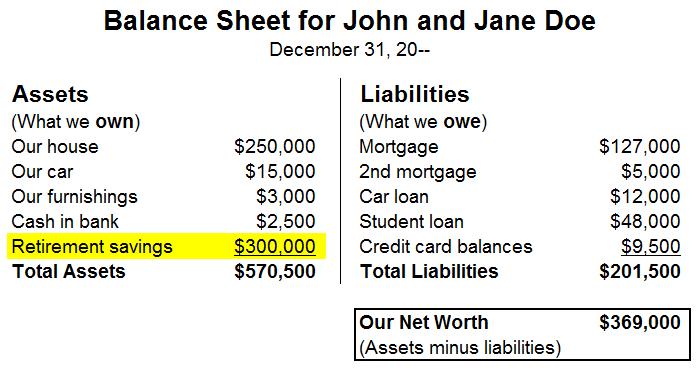The Bank On Yourself strategy is much more than just another way to save for retirement. Think about it: If you’re firing your banker, bypassing Wall Street, and taking back control of your own financial future – you’re literally changing your life!
You can see Bank On Yourself video reviews on YouTube. Bank On Yourself really does continue to change lives, as folks of all ages and incomes have discovered.
More than half a million families and businesses use the Bank On Yourself strategy – based on using super-charged dividend-paying whole life insurance – to reach their short-term and long-term financial goals, without taking any unnecessary risk. Read what real people are saying about this strategy in these Bank On Yourself reviews.
Drew Wilder Reviews Bank On Yourself
Drew Wilder’s family has been using the Bank On Yourself safe wealth-building strategy since 2006. In this review of the Bank On Yourself method, Drew shares how he’s relying on Bank On Yourself as a safe way to build financial stability … providing a source of funds for needs ranging from home repair to paying for college. See why Drew trusts dividend-paying whole life insurance to safely grow his nest egg.
Phil and Marge Owens Recommend Bank On Yourself
[Read more…] “More Reviews About Bank On Yourself Changing Lives!”

